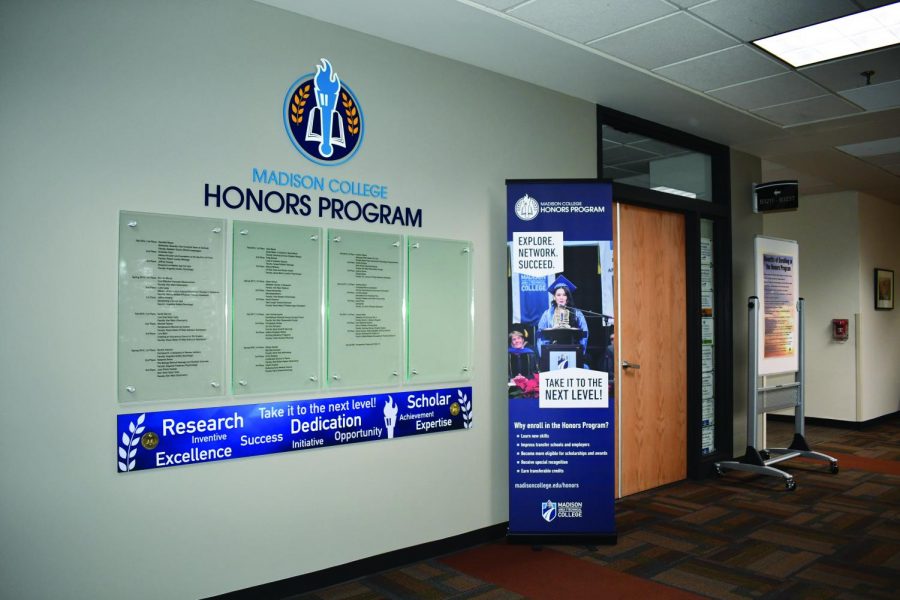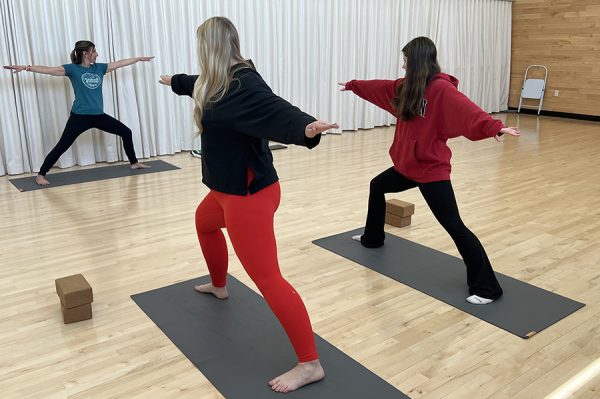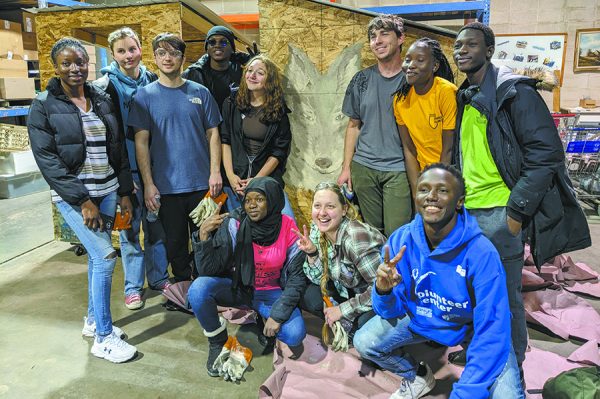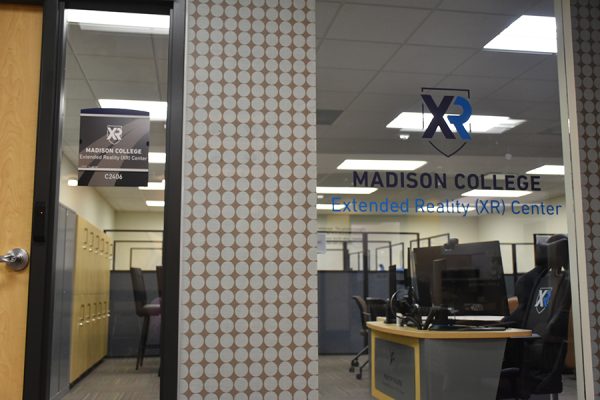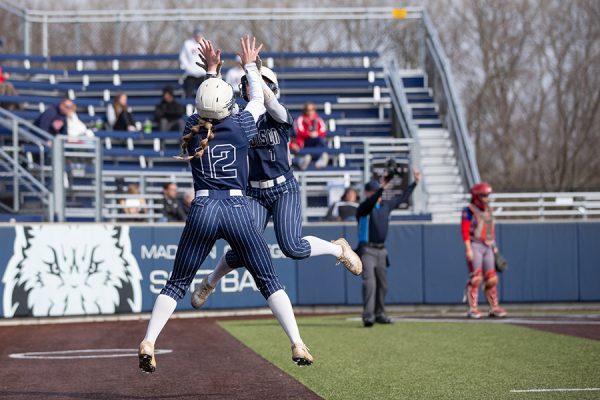The growing honors community at Madison College
The Honors Program is located on the third floor of the Truax Campus.
April 21, 2021
The honors program has served Madison College students for seven years. From 2014 to present day, it has evolved significantly to fit the demand and the need of its participants, being conducive to stories of success that have uplifted the program as well as students and staff in a mutual effort to grow.
Since the founding of the program, Julia Haseleu, Director of the Honors program, has witnessed the evolution, reach and impact of the program, striving to offer more forms of opportunity with each year.
“In seven years, we have grown from 48 to 80 programs, departments and disciplines participating in the Honors Program,” said Haseleu.
As students pursue their learning interests, with a chance to gain additional skills, the growth of the program has provided inclusiveness for projects as well as a better chance to reach success.
As a form of support and guidance, it has become important for students to work with faculty members throughout their process. Haseleu mentions that, in addition of the growth in programs available, the Honors Supervising Faculty Members have also increased from 40 to 288 members in the last years. Additionally, the number of staff available to support students continues to expand as training takes place each semester.
Not only the students benefit from this opportunity, but the faculty have also enjoyed working in the distinct projects. Luke Matthews, an anthropology instructor, comments on how his colleagues have liked the program, indicating that there are faculty who try to work with a student every semester.
“It’s just exciting to be able to sit down with somebody who’s just getting into academic research and having these conversations. Listening to the excitement building in folks about the research that they want to do, these things that they’re suddenly interested in or, you know, that they’ve been interested in for a long time and now they have a venue to go explore it,” said Matthews.
Overall, 657 students have taken part in the Honors Program. They have benefited from unique experiences during the realization of their projects as well as after concluding it, varying from finding jobs of their interest, presenting at professional conferences, to seeing their final product reflected in the professional world.
For Matthews, it’s important for students to see what they are capable of and become aware of their abilities, which is something that they can explore within the program.
“It’s going to be a small step, but everything starts with a small step, right? So, I think the greatest lesson that comes out of taking part in an honors program is saying, at the end of it, ‘hey look what I did,’ because you are producing a piece of work that should be interesting,” he mentioned.
In Madison College, students not only take part in the program, but they also excel. Haseleu explained, that so far, the college has had more students published at the National Collegiate Honors Council Program than any other school in the country. There are 900 member schools in the council, which serves over 330,000 students.
“The Honors Students are bright, motivated students who are representing Madison College around the state, around the country and around the world. They are doing extraordinary work that enhances the reputation of the college. More importantly, Honors Program students are frequently working on the most important issues of our age such as the environment, social justice, the economy, mental health, female genital mutilation, addiction and transgender rights,” said Haseleu.
Beyond the excitement of doing research and gaining favorable skills, the honors program assists in making students more competitive for important scholarships in order to support their continuing education.
In addition, the program has served to keep students interested in schooling by supplying an outlet for any academic interests. Students look forward to staying in college to pursue their project and research ideas.
As a participant of the Honors Program there is an opportunity to be enrolled in a competition where you can present your project to a panel of judges to win different awards such as trophies and cash prizes. The name of the winners will also be listed on the recognition wall outside of the Honors Program office.
There is also an Honors Program Medallion offered to students who complete at least two honors projects with an AB average. This is awarded at the competition and can be worn at graduation.
Now, one of the changes that have been made this year, is that the Honors Program offers the possibility to enroll for these credits during the summer semesters. It creates the option to take advantage of the warmer months, maintain continuation in their research and make the most out of the available time.
To be eligible to enroll into the program, current students with at least 12 credits, need a cumulative GPA of 3.5 or higher as well as maintain it throughout their process. For high school students, their cumulative GPA also needs to be 3.5 or higher and a letter of recommendation from a teacher or counselor is needed. These requirements are also applied for international students and these credits go to their F-1 visa status.
“You can convince other people that you have a good idea. You can learn that you have the ability to go out and find new information, that you have the ability to put information together in a way that nobody else has before you. I think it’s a good thing, it’s a good way to build up the confidence of people,” said Matthews.
For more information or questions regarding the Honors Program, you can contact Julia Haseleu at [email protected].


